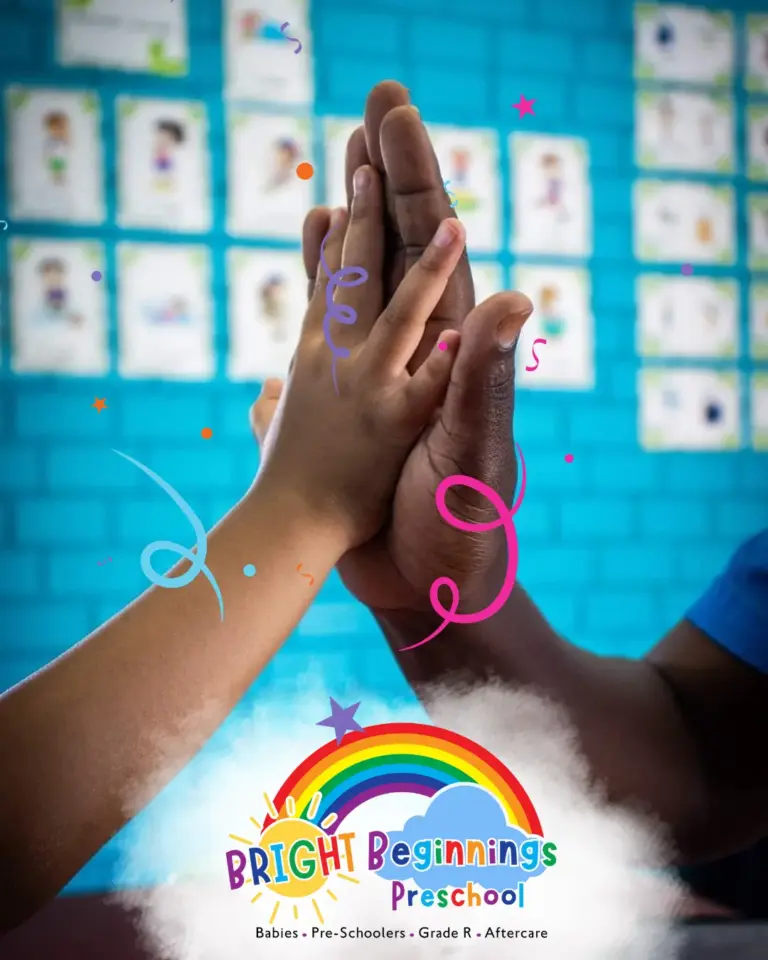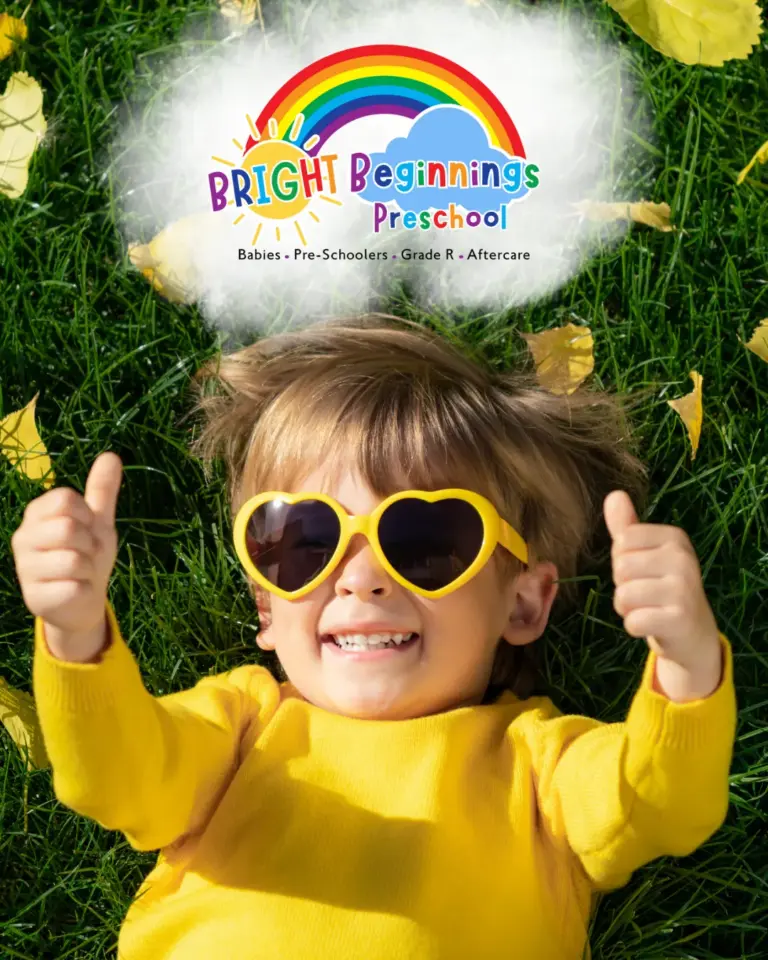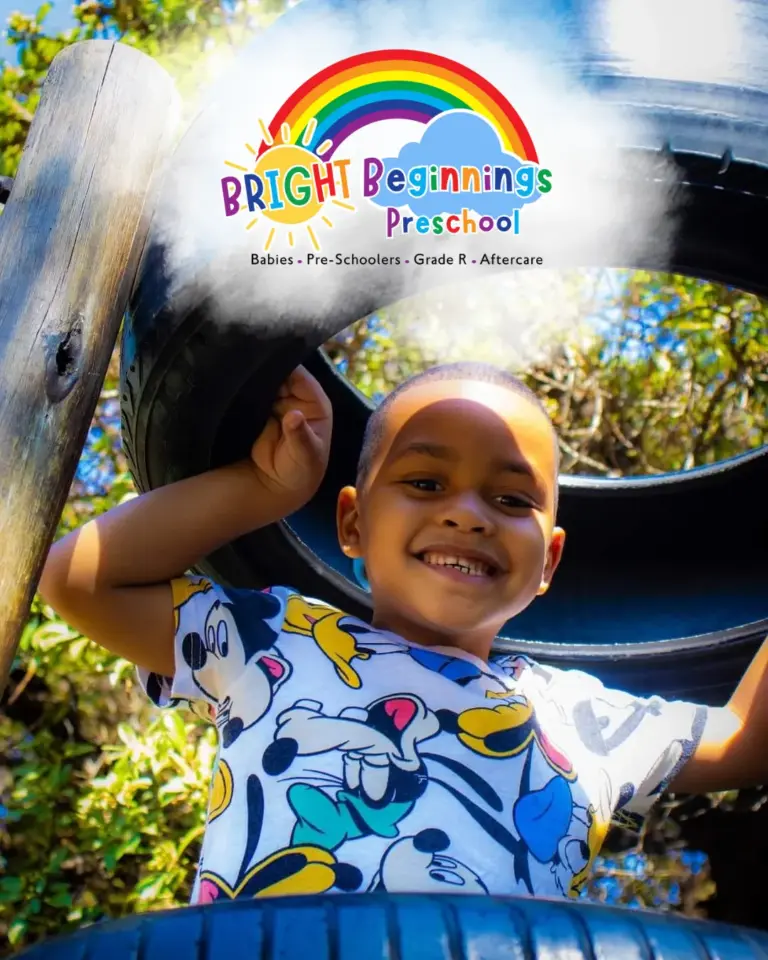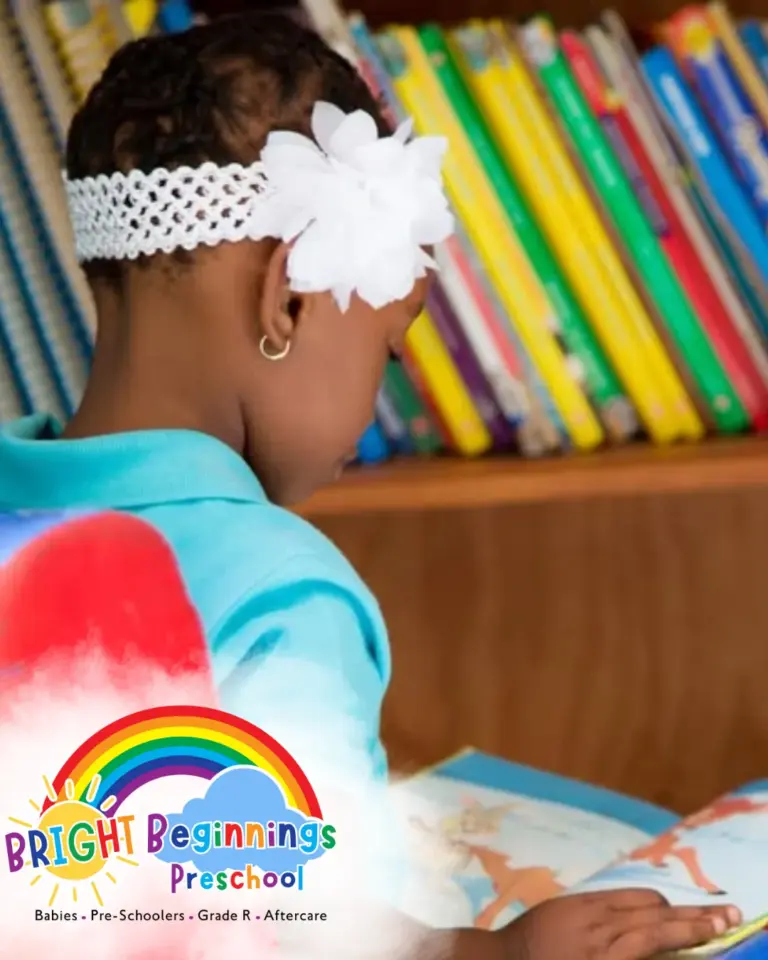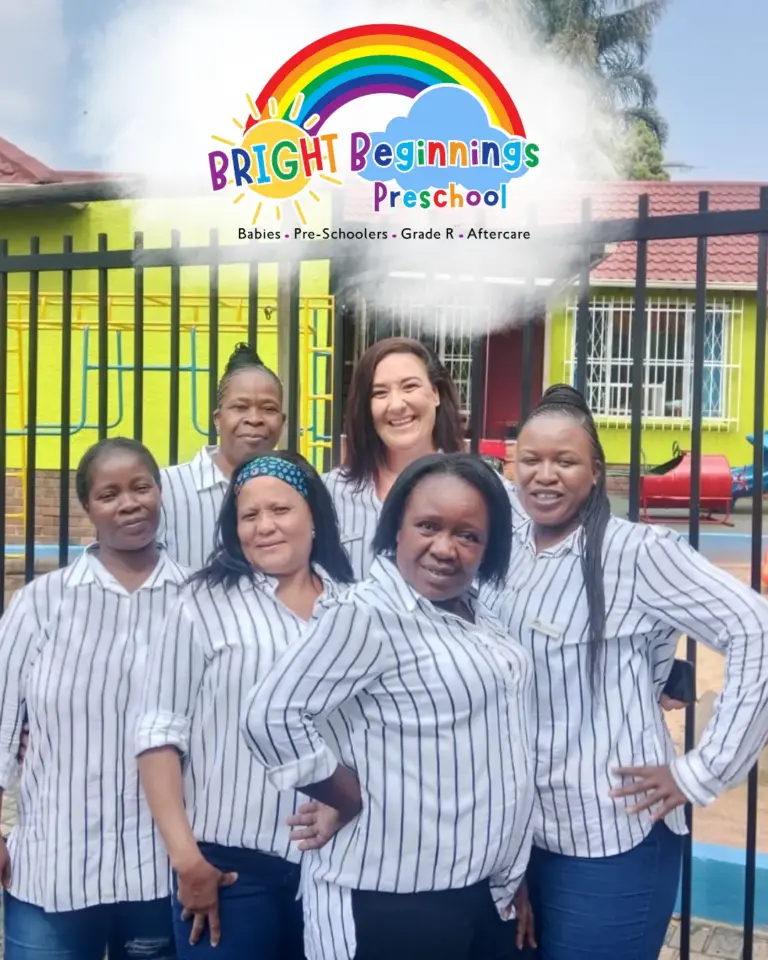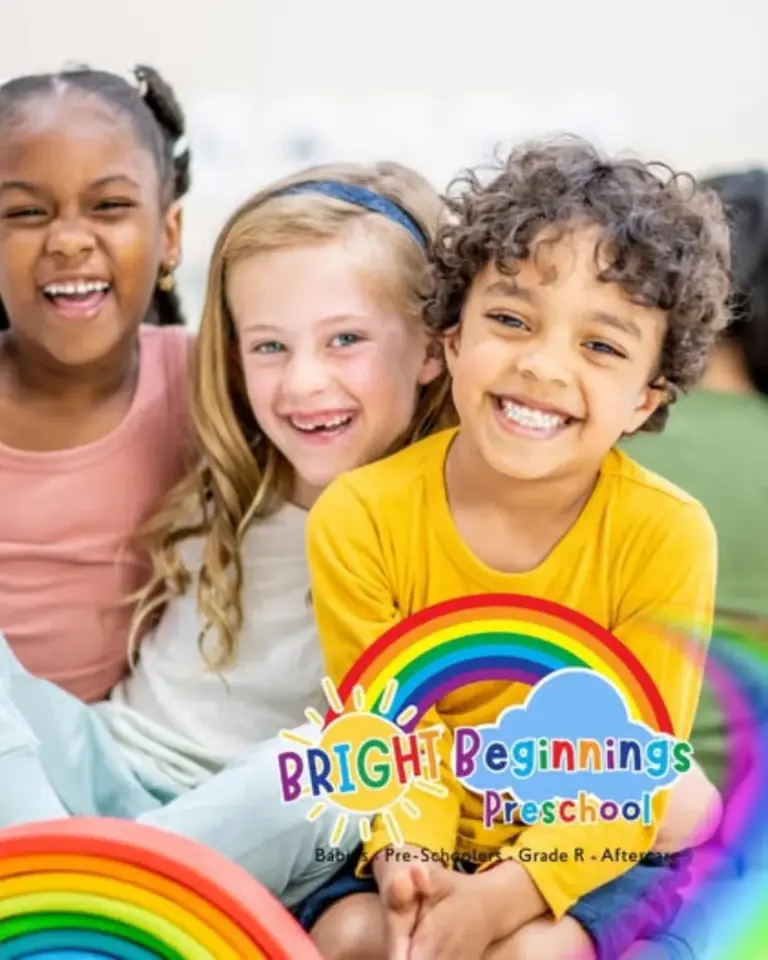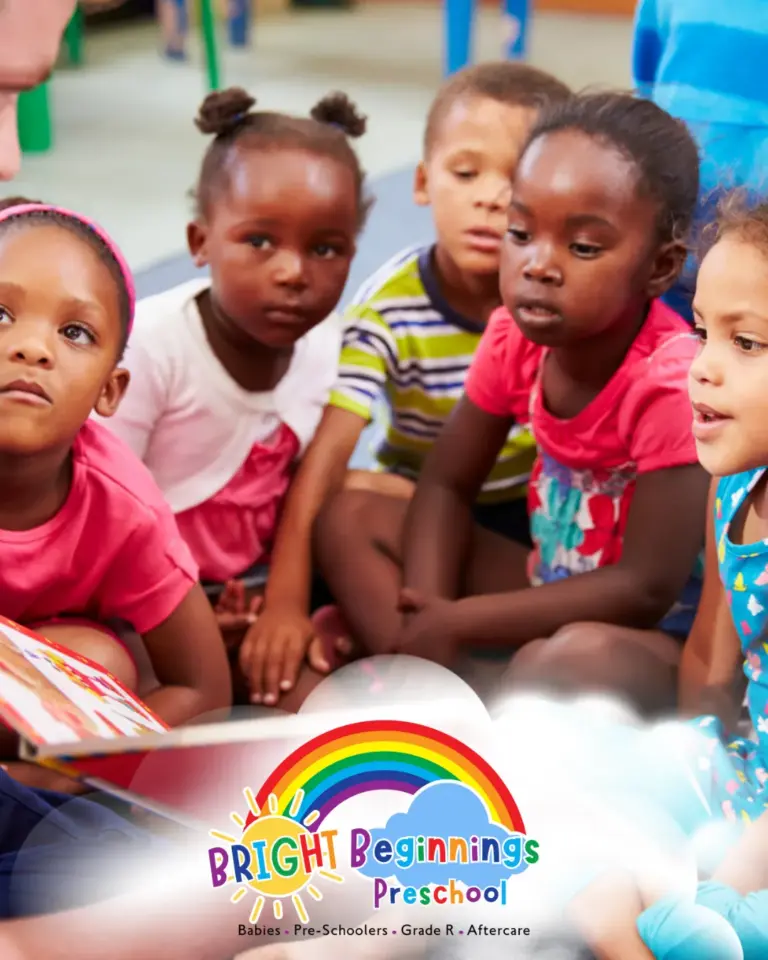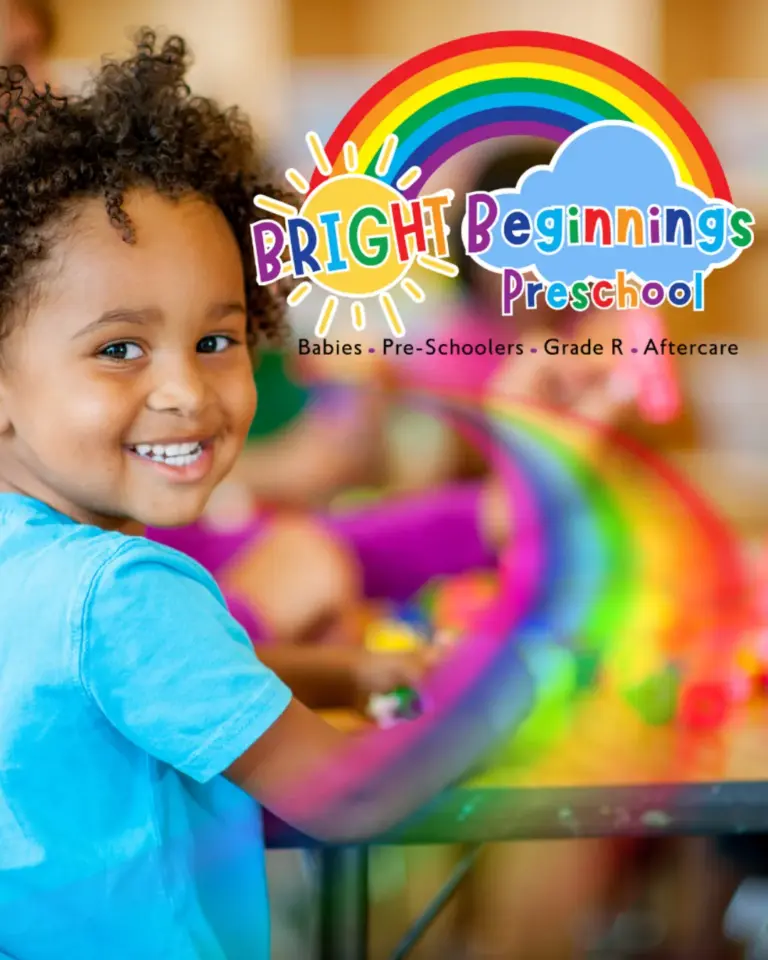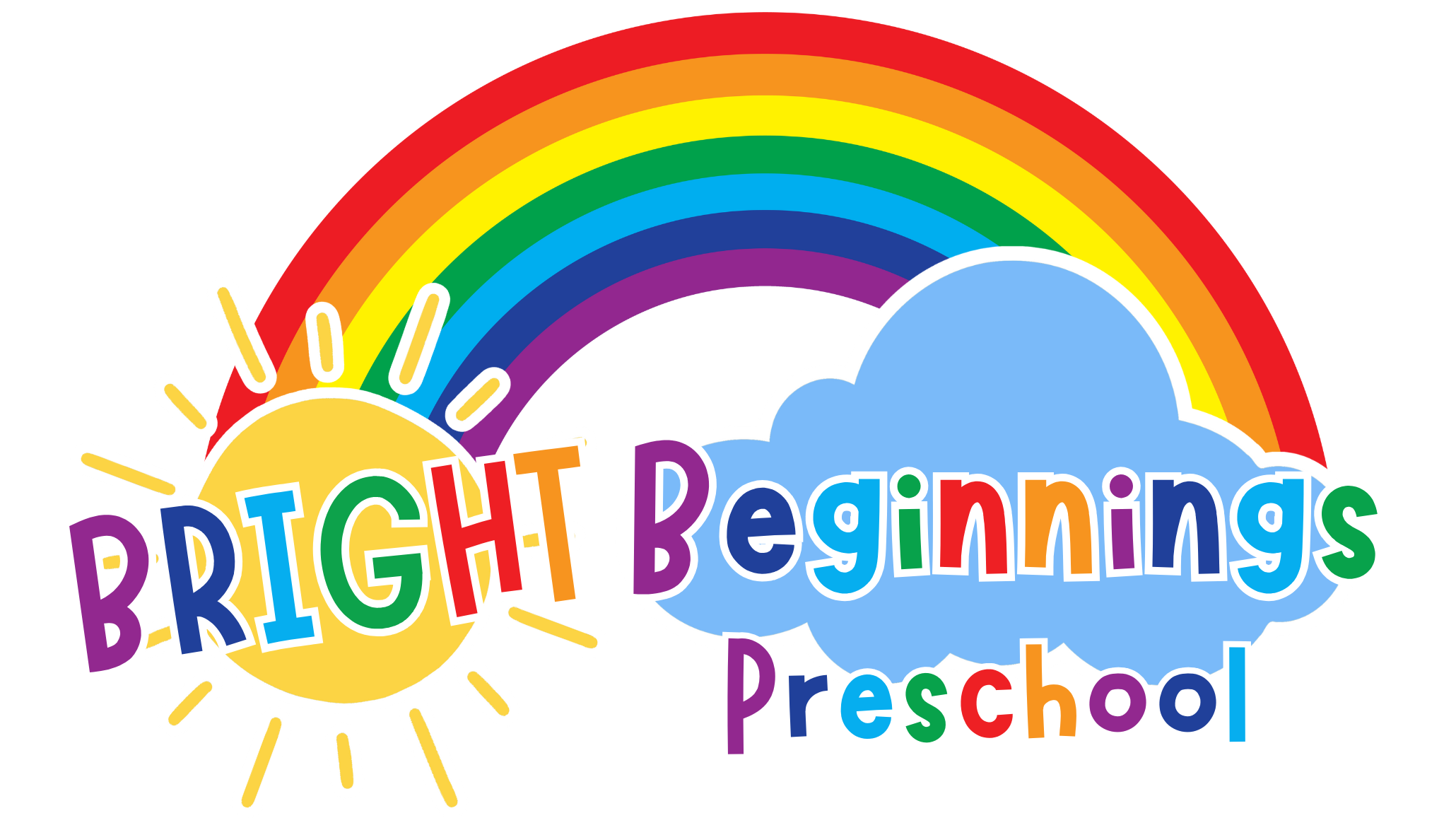Our Curriculum
Why is early childhood development so important?
Early childhood development is critical for a child’s overall growth and well-being. It is a time of rapid physical, cognitive, and social-emotional development, and experiences during this period can have a lasting impact on a child’s future.
Physical development in early childhood includes the growth and maturation of the body and its systems, such as the nervous and immune systems. During this time, children also develop their gross and fine motor skills, which are essential for physical activities such as walking, running, and writing.
Cognitive development refers to the development of a child’s mental abilities, including their ability to think, reason, and solve problems. In early childhood, children learn to process, organise, and make sense of the information they receive from the world around them. This helps them develop their memory, attention, and language skills, and lays the foundation for later academic success.
Social-emotional development involves the development of a child’s emotional and social skills, including their ability to form and maintain relationships, express and manage their emotions, and navigate social situations. These skills are important for children’s overall well-being and their ability to form and maintain healthy relationships throughout life.
Age 0 -5
Here, our focus falls on pre-school themes that align to the national Curriculum Statement. This makes the transition to Grade R as easy as possible for your child.
Our 32 themes comprise lessons plans, formal and creative activities, rhymes and songs, and other essential resources that make learning a fun experience for your child. Our courses are designed to make education come alive in fun and interesting ways in the classroom environment.
Age 6 (Grade R curriculum)
The curriculum for Grade R is as per the National Department of Basic Education. As such, we follow the Learning Outcome and Assessment Standards as identified in the National Curriculum Statement (NCS) 2002.
This curriculum aims to provide both learners and teachers with interesting, stimulating, and challenging learning activities. All these are based on and derived from the Critical and Development Outcomes as mandated by the South African government.
Furthermore, we integrate the three learning programmes of the Foundation Phase – Literacy, Numeracy, and Life Skills. The learning activities for the year are presented as sixteen units of work with themes that are considered to be relevant to the life worlds, age, and interest of pre-school learners.
These themes focus on young learners’ personal development, their homes, the community, and the wider environment.
The goal is to provide learners with the necessary skills to:
- Reflect on and explore a variety of strategies to learn more efficiently
- Participate as responsible citizens in the life of local, national, and global communities
- Be culturally sensitive across a range of social contexts
- Explore education and career opportunities
- Harness entrepreneurial opportunities
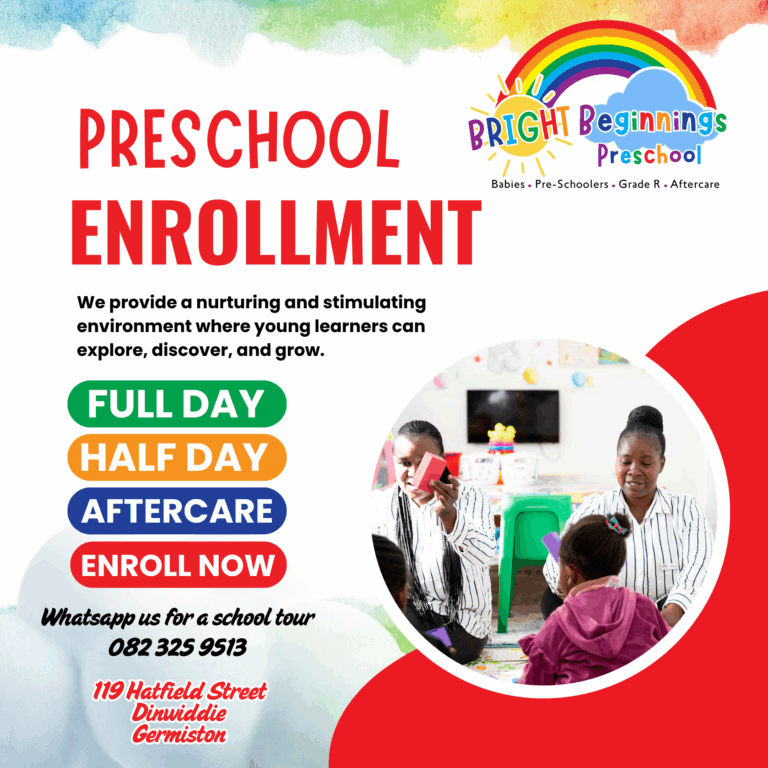
Contact us
Operating hours: Monday to Friday (06:00 – 18:00) / Closed weekends and public holidays
